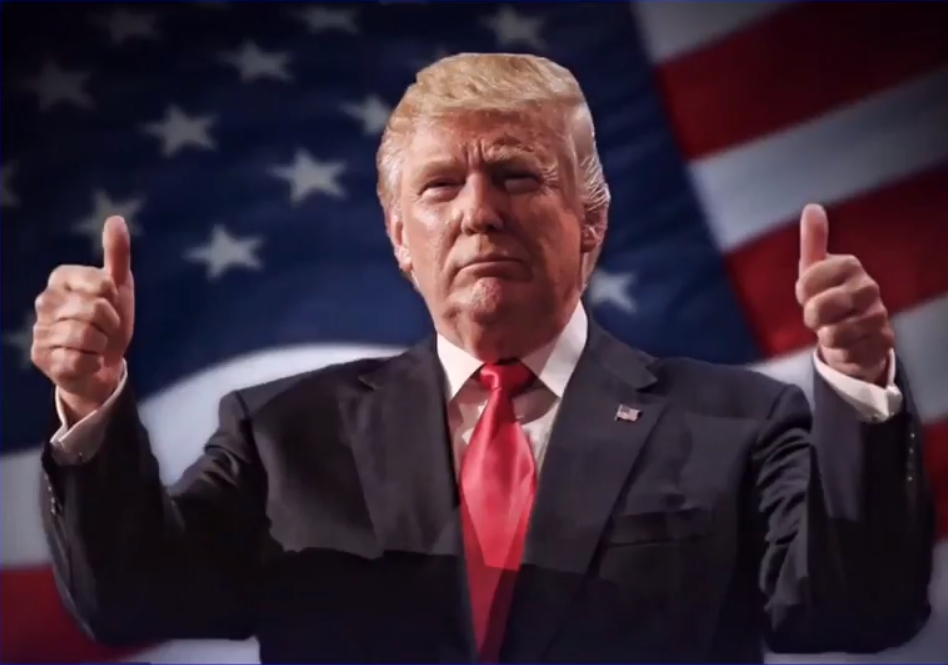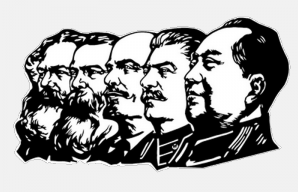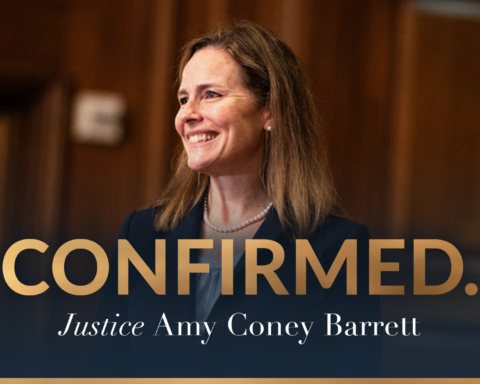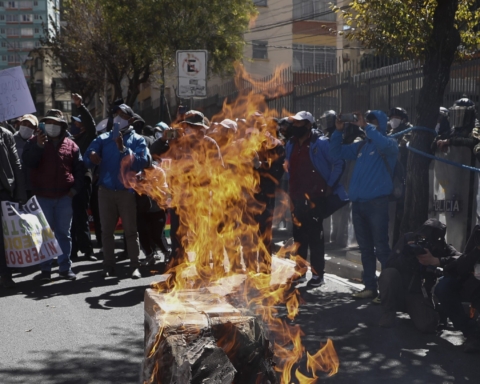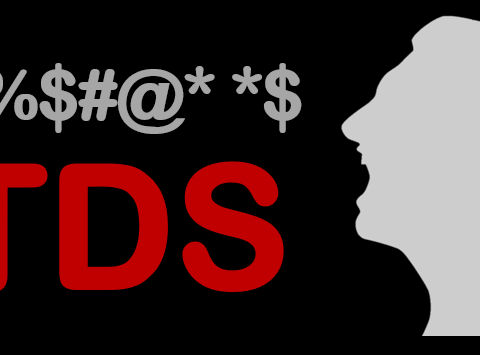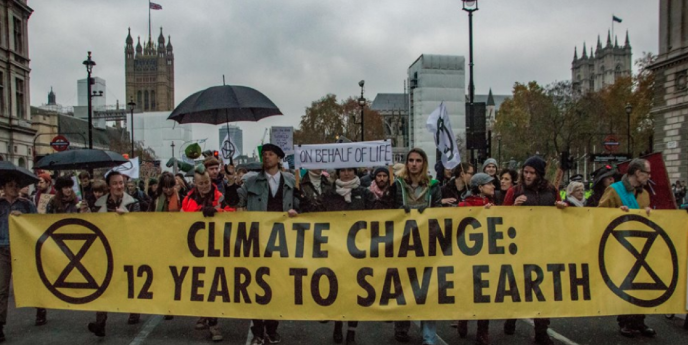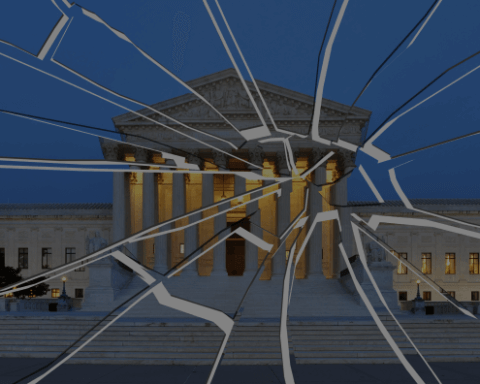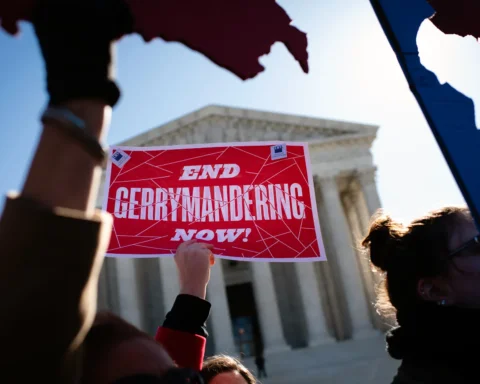*President Donald Trump, to many people, is one of the worst presidents in history. I see no point in attempting to change anyone’s mind about this, nor do I have any desire to persuade anyone to look at the president differently. What I want to do is to explain why he was voted into office.
Economic Determinism
One of my favorite questions to ask any economics professor, and I have asked many of my economics professors, is this question: Does economic determine politics, or does politics determine economics? Most of the professors will hedge their answer, saying that the answer is a little bit of both. The term “economic determinism” is mostly associated with Karl Marx, who came to the conclusion that economics would determine politics, in that the proletariat would eventually seek to overthrow the bourgeoisie. I won’t go into all of the Marxist theories, although I am intimately familiar with them, and the variations that were used by Lenin, Mao, and all of the others.
The variations of socialism or communism have been tweaked and tried, without much economic success.
Essentially, Marxism was, from the very beginning, a world economic vision of everyone having an equal part of the economy, or: “Each to his own abilities, each to his own needs.” The international part of the equation was: “Working men of all countries unite, you have nothing to lose but your chains.” Marx never intended for communism to be restricted to one country, it was to be an international movement for the workers, but it never made it out of just a few countries, whose armies died, not for their countries, but for a vague international cause. Read the gravestone of the Russian soldiers who died in Afghanistan, they still reflect the international communist cause.
Like it or not, Mr. Trump is in the White House because of the failure of the Old Guard of both major parties, Republicans and Democrats. From the 1980s until well into the second term of Barack Obama, blue-collar and skilled-trade workers, if they even kept their job, which many didn’t, their wages stayed right where they were in the 1980s. Meanwhile, the white-collar and pink collar professions gradually earned more and more money, except for CEO pay, which expanded exponentially.
Donald Trump is the president because he tapped the shoulder of a working class that had been ignored and disrespected for decades”
Taking the Side of Globalism
The political parties, as always, took sides, out of necessity. The Republicans sided with the country-club elites, while the Democrats, who lost much of their blue-collar base, gathered elites who felt guilty about being wealthy, even as they, too took advantage of the working class, giving themselves padded expense accounts, astronomical salaries and fought against unions who were trying to keep the working class in hourly pay that would at least keep them from losing ground.
Many politicians argued that we were now in a global economy, while embracing deficits and spending as if the middle and working classes would somehow make a comeback and offer tax revenues that would support the lavish spending that our government could and will not abandon. It didn’t happen, and it probably will never happen. But Donald Trump saw a working class that had been ignored for decades, and the working class saw a glimmer of hope in a businessman who understood how businesses worked and would promote policies that would bring back some of the jobs that had been lost. For decades, the political class had ignored the working class who kept alive the shibboleth that they would make a comeback. Global agreements with developing countries were the order of the day, as if somehow encouraging the economic development of other countries would enhance the U.S. economy. It never happened, and it probably won’t.

The developing countries who signed sweetheart deals for tax-free access to the U.S. market had, if anything, only tepid responses to our generosity in returning the favor. Expanding overseas markets never came close to buying very many U.S. products, the exception being software and internet products, which brought precious little revenue for the working class. Yes, we have sold some heavy equipment, but those markets were captured mostly because of the expertise (and lack of competition) of the firms marketing products there, and not out of reciprocity.
Donald Trump embraced the working class in a manner not unlike Teddy Roosevelt, who would make decisions not based on some global perspective, but on what would help his fellow citizens. By the way, anyone reading this claiming to be a “global citizen” should renounce their U.S. citizenship and relocate to places like Guatemala, Nicaragua, Lebanon, Sudan, or Yemen. Claiming to be a global citizen is a nice declaration sitting in your safe U.S. home; almost anyone in those countries would swap citizenship in a heartbeat.
Keeping the Money Flowing
In 2008, the financial class had finally squeezed out every dime they could, and had lined their pockets with deals that no thinking person would have entered, and as their paper-centric investments crashed, our government bought billions of dollars in worthless paper that the financial class had already stripped of any value.

The financial class was bought off, and they walked away, leaving our government holding the bag, in this case billions of worthless paper promises that will never be kept. Had the financial class been the blue-collar masses who couldn’t make contributions to campaigns, they would have been left in the dust of the paper that they insisted had value.
The political class had to protect their investments, which meant the financial class had to be saved; the working class would never see that loyalty. Money is the mother’s milk of politics, however, a democracy recognizes (and votes for) even those who wish to help the downtrodden. The votes for opportunity for an electorate far outweigh those of an elite minority, one of the more virtuous characteristics of a democracy.
The Electoral College
Those who think Hillary Clinton should have won because the Electoral College jilted her, have no understanding of the constitution of our republic, nor do they have any grasp of history. There have been close elections many times before. A recount of the presidential election of 1960 would have been close to a tie, but Nixon, in a class move he was never given credit for, declined to challenge the outcome.
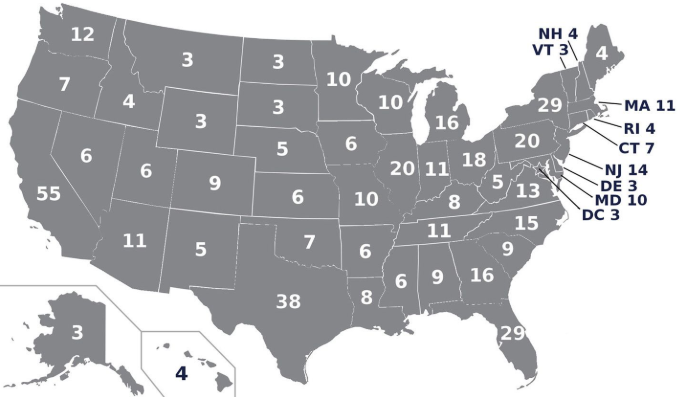
Abraham Lincoln won mostly due to a Democrat party split between Northern Democrats and Southern Democrats, along with a few votes going to a Constitutional Union party. The protesters against the Electoral College are challenging the basis of our republic, where two states, California and New York, cannot determine who holds the presidency, and eliminating the Electoral College would mean tyranny of the majority, one of the problems our founding fathers understood to be a hindrance to the union of our states. Those professing eliminating the Electoral College are just sore losers who want what they want, and have no respect for the institutions that hold together our republic.
Bringing It Together
If Barack Obama’s election was proof of a class (along with ethnic groups) that felt abandoned by former politicians, Donald Trump’s election was proof of an ignored working class who were looking for a champion, and they have found one. Mr. Trump’s focus is on what he can do for Americans, as he says, “make America great again.” Is Donald Trump a threat to democracy? Absolutely not, he is the product of it. Is Donald Trump a challenge to out republic? Probably, but our republic has seen far greater challenges than those Mr. Trump can invent. The great thing is that Trump doesn’t understand the presidency the way Richard Nixon did, because if he did, things would be genuinely frightening.
Donald Trump is the president because he tapped the shoulder of a working class that had been ignored and disrespected for decades, and that is why he is president. The political operatives and the legacy candidates failed to recognize a strategy of going to the people and promising to really work for them. They all sat in slack-jawed wonder when he triumphed, accomplishing the highest office without ever holding office before, giving the term “political career” a new meaning. To anyone who says he is a moron, I invite them to exceed him in their accomplishments, and don’t say you don’t want to. Everybody wants to rule the world.

Jeffrey Neil Jackson is an
Educator & Literary Mercenary

